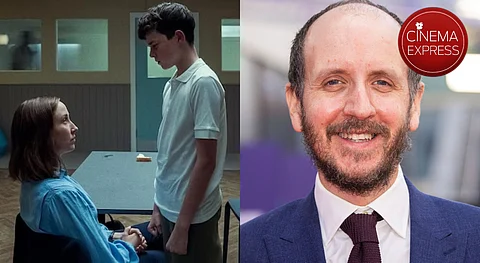

Jack Thorne, the co-creator of the popular Netflix drama Adolescence, has publicly refuted accusations that the series promotes "anti-white propaganda".
During an interview on The News Agents podcast, Thorne dismissed the allegations as "absurd".
The controversy originated from an X post by Ian Miles Cheong, a right-wing commentator located in Malaysia, who asserted that the show, which deals with a British knife attack, is based on real-life incidents like the Southport murder.
Cheong's post further alleged that the show "race-swapped" the perpetrator from a Black immigrant to a white boy and that the narrative attributes the character's radicalisation to online "red pill" influences. The post gained traction after Elon Musk's response, "Wow."
In his interview with Jon Sopel on The News Agents podcast, Thorne addressed the conspiracy theory questioning why the perpetrator was portrayed as a white boy, given the prevalence of knife crime among Black youths in the U.K.
Thorne, who collaborated with Stephen Graham on the series, clarified, "They've claimed that Stephen and I based it on a story and another story, so we race-swapped because we were basing it on here, and it ended up there, and everything else. Nothing is further from the truth.
"I have told a lot of real-life stories in my time, and I know the harm that can come when you take elements of a real-life story and put it on screen and the people aren’t expecting it. There is no part of this that’s based on a true story, not one single part.”
Regarding the criticism, Thorne stated to Jon Sopel, "That it should have been a Black boy? It’s absurd to say that this is only committed by Black boys. It’s absurd. It’s not true. And history shows a lot of cases of kids from all races committing these crimes.
"We’re not making a point about race with this. We are making a point about masculinity. We’re trying to get inside a problem. We’re not saying this is one thing or another. We’re saying this is about boys.”
Adolescence recently achieved a milestone in U.K. television history, becoming the first streaming programme to top Britain's weekly TV ratings.